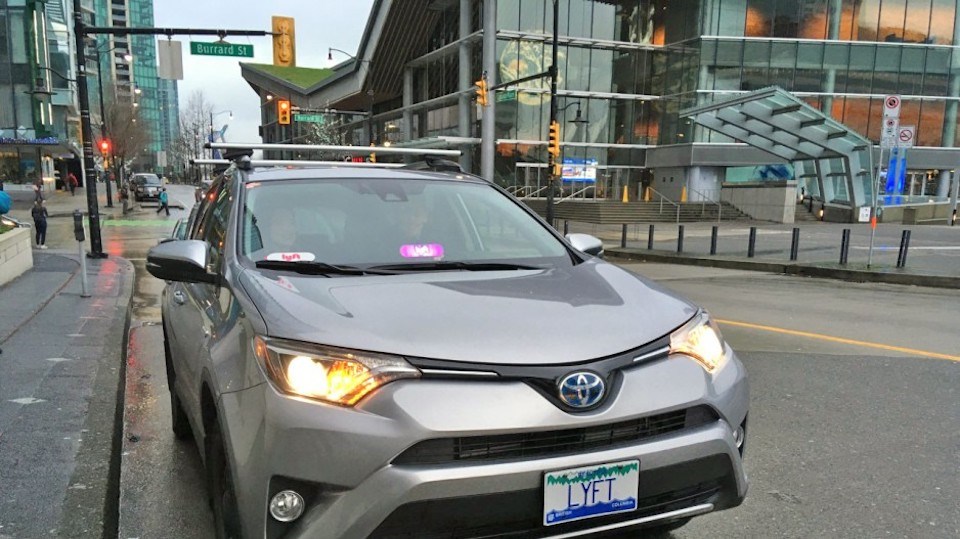Barring traffic jams or disruptions on rapid-transit lines, commuting prior to the pandemic had a certain rhythm and predictability to it transit agencies could rely on day to day.
But ridership now trails pre-pandemic levels in Metro Vancouver in the COVID era as remote working, health concerns and labour shortages continue to upend those typical patterns across North America.
“I was … talking to one of our largest customers and they actually need to remove service – like regular transit service – because they just don't have enough drivers,” said Kristoffer Vik Hansen, CEO of Spare Labs Inc.
Transit agencies tapping Spare Labs’ software now have an extra tool on hand after the Vancouver-based startup revealed Monday it was partnering with ride-hailing service Lyft Inc. (Nasdaq:LYFT).
Clients will be able fill in gaps between bus stops, transit hubs and commuters’ final destinations by dispatching Lyft fleets to hot spots as demand fluctuates any given day.
“They obviously have a big network of drivers that are already on the street so it's a good place for the cities and transit agencies to use Lyft as an overflow if the city or transit agency vehicles become too full or struggle with capacity,” said Vik Hansen.
His tech firm, which closed an $18-million funding round late last year, specializes in software making it easier for cities and transit agencies to manage transportation networks.
Its transportation-as-a-service (TaaS) platform allows commuters to punch in their location and find various travel options to get to their final destination (in some cities, buses may even be rerouted in real time depending on demand instead of travelling along fixed routes on fixed schedules).
Rather than servicing sporadically used bus routes, Spare Labs’ partnership with Lyft means integrating the ride-hailing service into the startup’s platform to allow transit agencies to deploy fleet vehicles – already paid for – to awaiting passengers as demand increases.
Rather than a uniformed bus driver, commuters will find a regular Lyft driver pulling up to a bus stop to give them a ride.
One client agency of Spare Labs’ services McKinney, Texas, a suburb of Dallas with a population slightly larger than that of Coquitlam.
“That is much more like a lower-density area where it would just be extremely difficult to support a regular bus service,” Vik Hansen said.
“It's also pretty relevant in larger cities like Dallas, especially around some more niche-use cases. For example … transportation for the senior community, taking people to and from doctor's appointments if that's provided by the city, transportation for people with disabilities.”
Among the more than 50 cities in which Spare’s made-in-B.C. tech is being used, Dallas Area Rapid Transit has recently been increasing the number of micro-transit zones Spare helps to manage. Micro-transit zones represent the gap between a starting point or end destination (such as a home or workplace) and a major transit hub (a SkyTrain station or bus loop, for example).
In the case of Dallas, the doubling of micro-transit zones means greatly reducing the number of fixed-route buses and replacing them with on-demand options that Spare’s platform can help facilitate for passengers.
Spare has also had conversations with TransLink and BC Transit about introducing its technology to those agencies.
“We’ve seen a really strong surge in demand for this type of service because so many different cities and municipalities are evaluating their current needs when it comes to transit,” Josh Andrews, Spare Labs’ chief operating officer, told BIV last fall.





